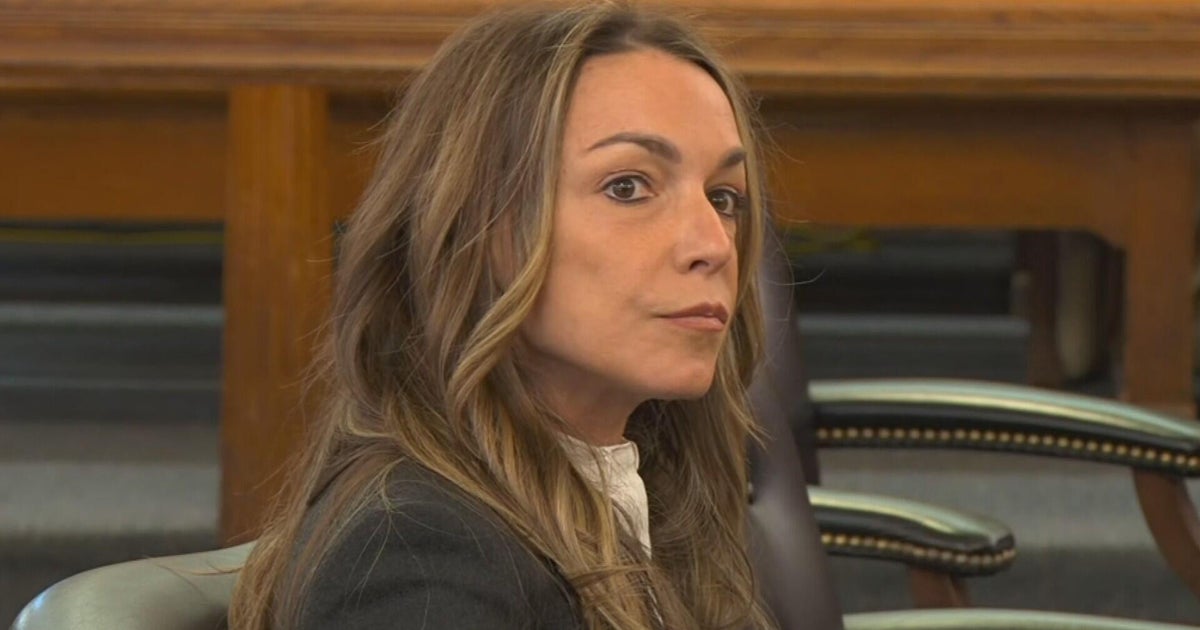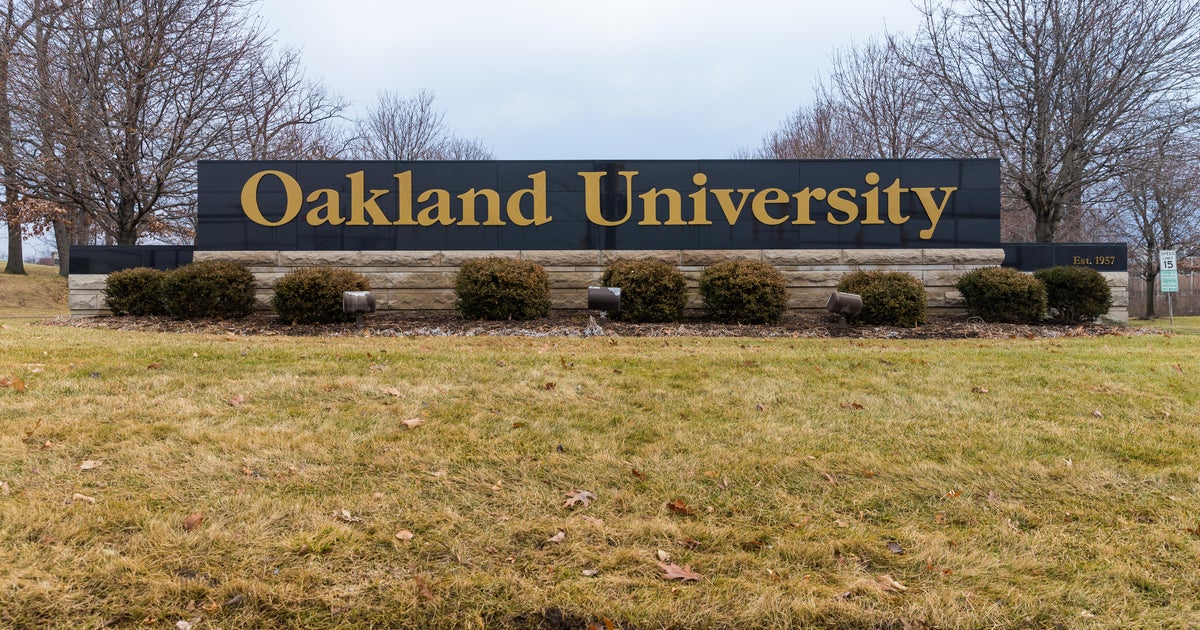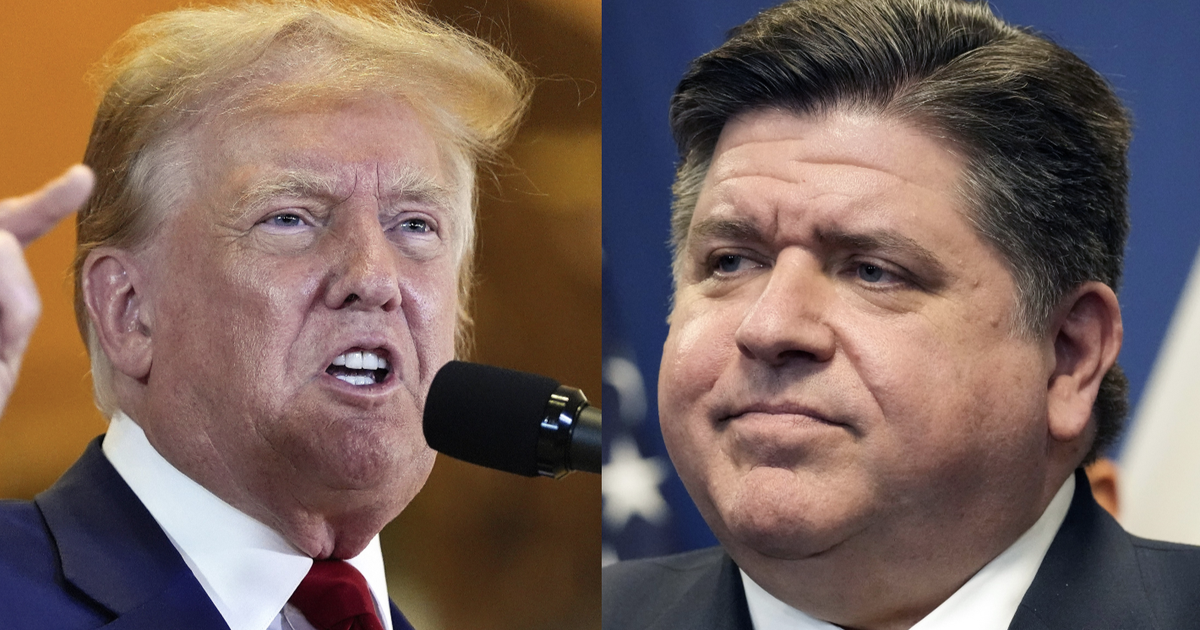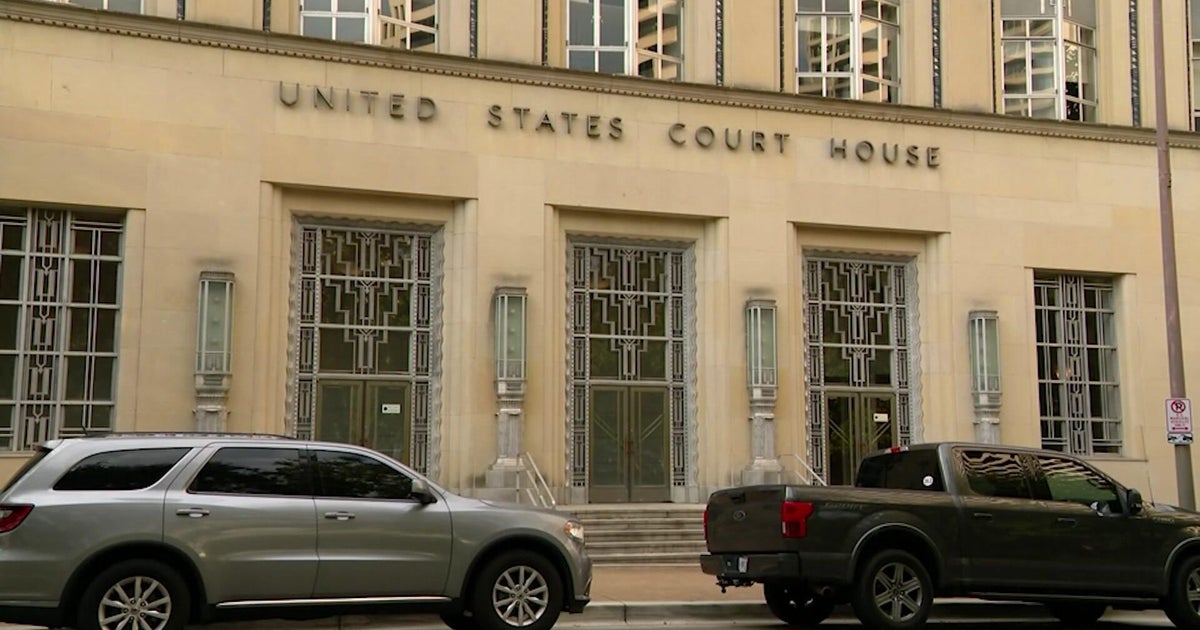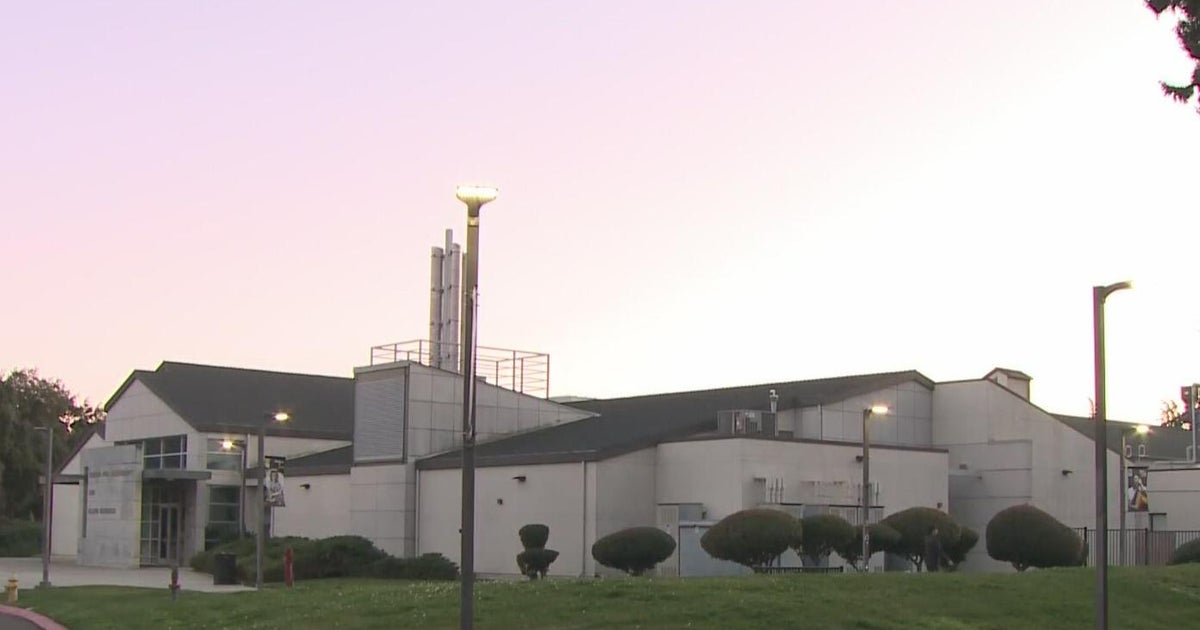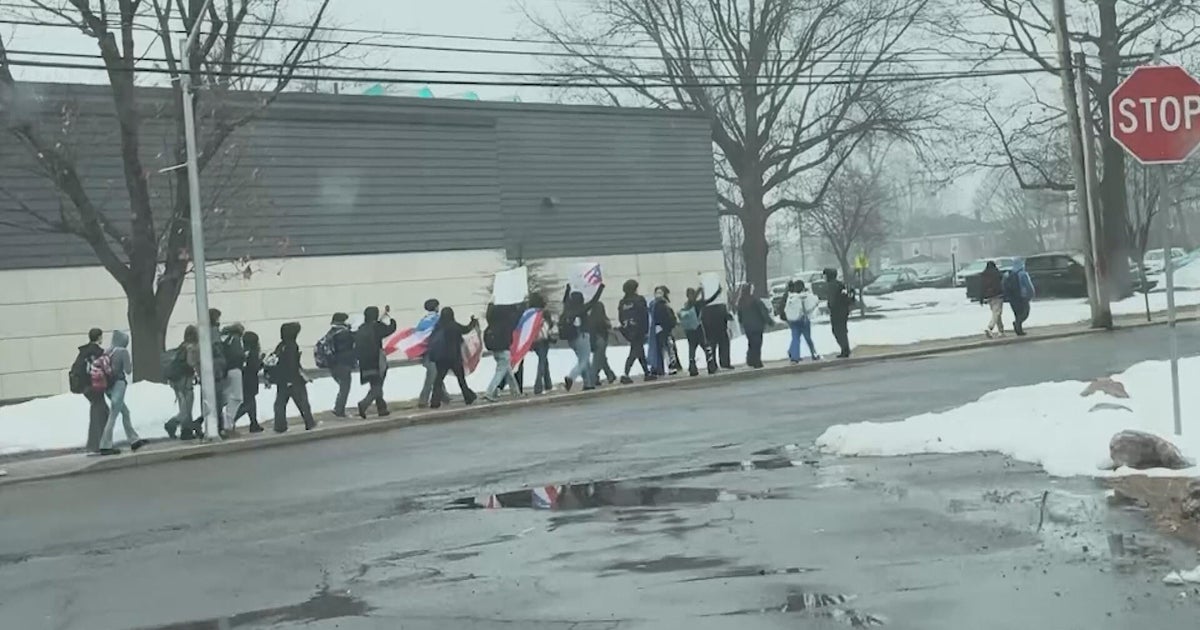Appeals court backs UM in campus shutdown
TALLAHASSEE - As the Florida Supreme Court prepares to decide a similar case, a federal appeals court Monday rejected a lawsuit alleging the University of Miami should refund money to students because of a campus shutdown early in the COVID-19 pandemic.
A panel of the 11th U.S. Circuit Court of Appeals upheld a district judge's ruling that sided with the private university in a potential class-action lawsuit filed by student Adelaide Dixon. The case was one of numerous filed in Florida and across the country after students were forced to leave campuses and learn remotely in 2020 to try to prevent spread of the virus.
Dixon's lawsuit argued, in part, that the University of Miami breached a contract by not providing in-person learning and access to on-campus facilities. Also, it alleged "unjust enrichment" by the university.
But the three-judge panel pointed to a student handbook and student code of conduct that it said allowed the university to change procedures and access to facilities.
"We agree that these provisions standing together unambiguously give (the University of) Miami the authority to temporarily close its campuses in response to the COVID-19 pandemic," said the 17-page decision, written by Judge Charles Wilson and joined by Judges Kevin Newsom and Britt Grant. "Thus, even if a contract did include rights to an in-person education and access to on-campus facilities, those rights were qualified by provisions that permitted Miami to modify its procedures and access to its facilities. Thus, Miami did not breach any agreement by temporarily transitioning to remote learning."
In rejecting the unjust-enrichment argument, the court cited March 2020 orders by the Miami-Dade County mayor and Gov. Ron DeSantis that effectively required closing the Coral Gables campus.
"To start, we note that the decision to transition to remote learning was largely out of (the University of) Miami's hands," the ruling said. "Had Miami continued to provide in-person education throughout the Spring 2020 semester, it would have violated not one, but two separate executive orders - one from Miami-Dade County and another from the Florida governor."
The university did not refund tuition after it went to remote learning, but it refunded a portion of fees that cover such things as housing, dining, parking and student activities. In addition to seeking a tuition refund, the Dixon lawsuit also contended that the fee refunds should have been larger, according to Monday's decision.
The decision came after the Florida Supreme Court last week said it will take up a dispute about whether the University of Florida should return fees to students because of a 2020 campus shutdown. Attorneys for UF graduate student Anthony Rojas went to the Supreme Court in January after a divided panel of the 1st District Court of Appeal said an Alachua County circuit judge should have dismissed the lawsuit, which focused on breach-of-contract allegations.
The Supreme Court has not said when it will hear arguments in the University of Florida case.
State appeals courts have rejected similar lawsuits filed against Florida International University, Florida Atlantic University, Florida A&M University and Miami Dade College.
The Florida International, Florida Atlantic and Florida A&M decisions were appealed to the Supreme Court. The court, however, has put those cases on hold because of the UF lawsuit.
Meanwhile, the 2nd District Court of Appeal last year refused a request by the University of South Florida to dismiss a similar potential class-action lawsuit. The Supreme Court on Jan. 5 declined to take up an appeal by USF.
A footnote in a May decision by the 3rd District Court of Appeal in the Florida International case said the University of South Florida lawsuit "arguably relies on specific - and different - documents to determine if an express, written contract exists."
